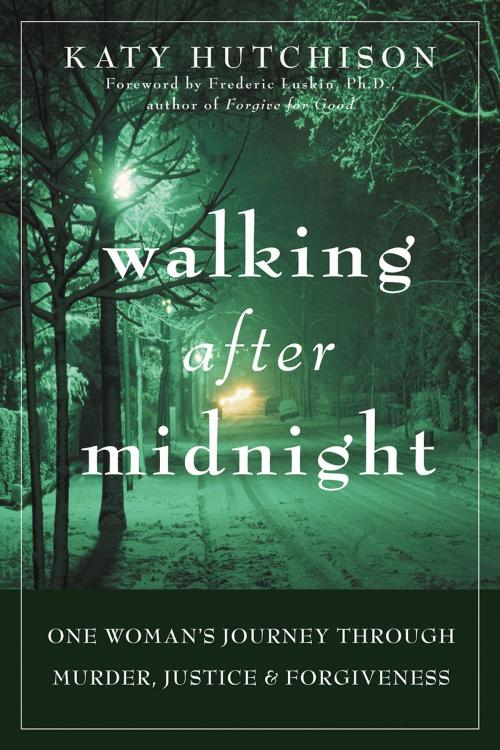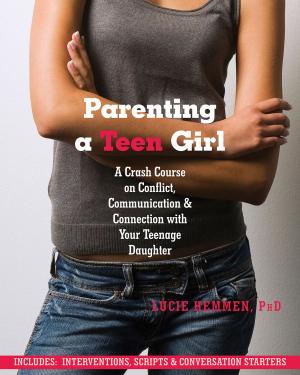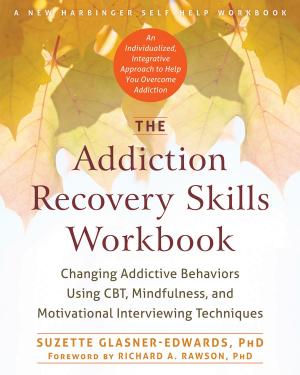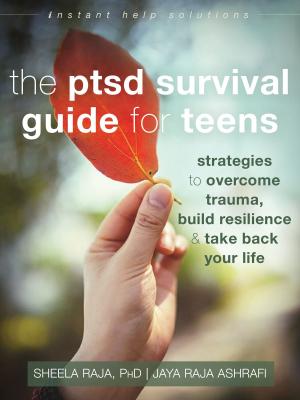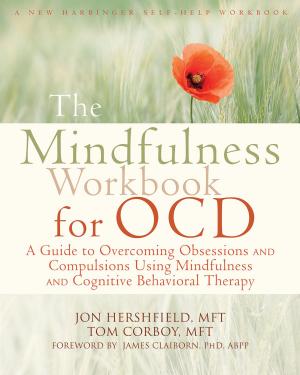Walking After Midnight
One Woman's Journey Through Murder, Justice, and Forgiveness
Nonfiction, Social & Cultural Studies, Social Science, Crimes & Criminals, Murder, True Crime| Author: | Katy Hutchison | ISBN: | 9781608826223 |
| Publisher: | New Harbinger Publications | Publication: | October 1, 2006 |
| Imprint: | New Harbinger Publications | Language: | English |
| Author: | Katy Hutchison |
| ISBN: | 9781608826223 |
| Publisher: | New Harbinger Publications |
| Publication: | October 1, 2006 |
| Imprint: | New Harbinger Publications |
| Language: | English |
Many people who have been harmed or wronged often feel that to respond with non-violence and forgiveness is to be weak. As Katy Hutchison reveals here, to forgive and seek reconciliation not only requires even more strength than a resort to force or retaliation, but also ensures deeper, more far-reaching beneficial consequences for all concerned. I am sure her remarkable story will serve as an inspiration to others by beset by grief and loss as she was.
-The Dalai Lama
On New Year's Eve, 1997, Bob McIntosh left his family and friends at the dinner table to check on a disturbance at a neighbor's house. He never came home. Savagely beaten by an unknown assailant, McIntosh died that night at a local hospital, leaving behind his wife and twin four-year olds.
While authorities searched for McIntosh's killer, his wife, author Katy Hutchison, began the slow process of rebuilding a life for her children and herself. Refusing to be defined by her husband's murder, she moved to a different town, pursued a new career, and eventually remarried--but, with questions about her husband's death still unanswered, the healing Hutchison longed for was slow in coming.
In the spring of 2002, authorities arrested a young man named Ryan Aldrigde for the murder of Bob McIntosh. On hearing the news, Hutchison startled investigators by asking to meet the man who had killed her husband. She didn't take satisfaction in seeing Aldridge in custody, nor did she want to rail against him for the harm he had inflicted on her and her family. Instead, she wanted to learn from him why he had attacked McIntosh and what she could do to help stop incidents like it from happening again. In a letter she sent to Aldridge after his arrest, Hutchison offered this remarkable sentiment:
All I want for you is what you took from Bob--a happy and productive life.
Walking After Midnight tells a story at turns devastating and triumphant, a unique exploration of one woman's courageous response to tragedy that challenges our expectations about grief and loss. It's an inspiring account of the power of forgiveness, compassion, and a different kind of justice.
An excellent primer for handling loss with intelligence and dignity…an antidote to the endless cycles of violence that consume too many lives and too many countries.
-Frederic Luskin, Ph.D., author of Forgive for Good and director of the Stanford University Forgiveness Projects
A remarkable story of tragedy and transcendence. Not everyone who walks this road will make the choices Hutchison did, but all will recognize the intersections and obstacles she encounters along the way. And no one who reads this story can dismiss the authenticity and passion with which it is told.
-Howard Zehr, founding theorist of restorative justice, professor of restorative justice at the Center for Justice and Peacebuilding of Eastern Mennonite University and author of Changing Lenses
Many people who have been harmed or wronged often feel that to respond with non-violence and forgiveness is to be weak. As Katy Hutchison reveals here, to forgive and seek reconciliation not only requires even more strength than a resort to force or retaliation, but also ensures deeper, more far-reaching beneficial consequences for all concerned. I am sure her remarkable story will serve as an inspiration to others by beset by grief and loss as she was.
-The Dalai Lama
On New Year's Eve, 1997, Bob McIntosh left his family and friends at the dinner table to check on a disturbance at a neighbor's house. He never came home. Savagely beaten by an unknown assailant, McIntosh died that night at a local hospital, leaving behind his wife and twin four-year olds.
While authorities searched for McIntosh's killer, his wife, author Katy Hutchison, began the slow process of rebuilding a life for her children and herself. Refusing to be defined by her husband's murder, she moved to a different town, pursued a new career, and eventually remarried--but, with questions about her husband's death still unanswered, the healing Hutchison longed for was slow in coming.
In the spring of 2002, authorities arrested a young man named Ryan Aldrigde for the murder of Bob McIntosh. On hearing the news, Hutchison startled investigators by asking to meet the man who had killed her husband. She didn't take satisfaction in seeing Aldridge in custody, nor did she want to rail against him for the harm he had inflicted on her and her family. Instead, she wanted to learn from him why he had attacked McIntosh and what she could do to help stop incidents like it from happening again. In a letter she sent to Aldridge after his arrest, Hutchison offered this remarkable sentiment:
All I want for you is what you took from Bob--a happy and productive life.
Walking After Midnight tells a story at turns devastating and triumphant, a unique exploration of one woman's courageous response to tragedy that challenges our expectations about grief and loss. It's an inspiring account of the power of forgiveness, compassion, and a different kind of justice.
An excellent primer for handling loss with intelligence and dignity…an antidote to the endless cycles of violence that consume too many lives and too many countries.
-Frederic Luskin, Ph.D., author of Forgive for Good and director of the Stanford University Forgiveness Projects
A remarkable story of tragedy and transcendence. Not everyone who walks this road will make the choices Hutchison did, but all will recognize the intersections and obstacles she encounters along the way. And no one who reads this story can dismiss the authenticity and passion with which it is told.
-Howard Zehr, founding theorist of restorative justice, professor of restorative justice at the Center for Justice and Peacebuilding of Eastern Mennonite University and author of Changing Lenses
